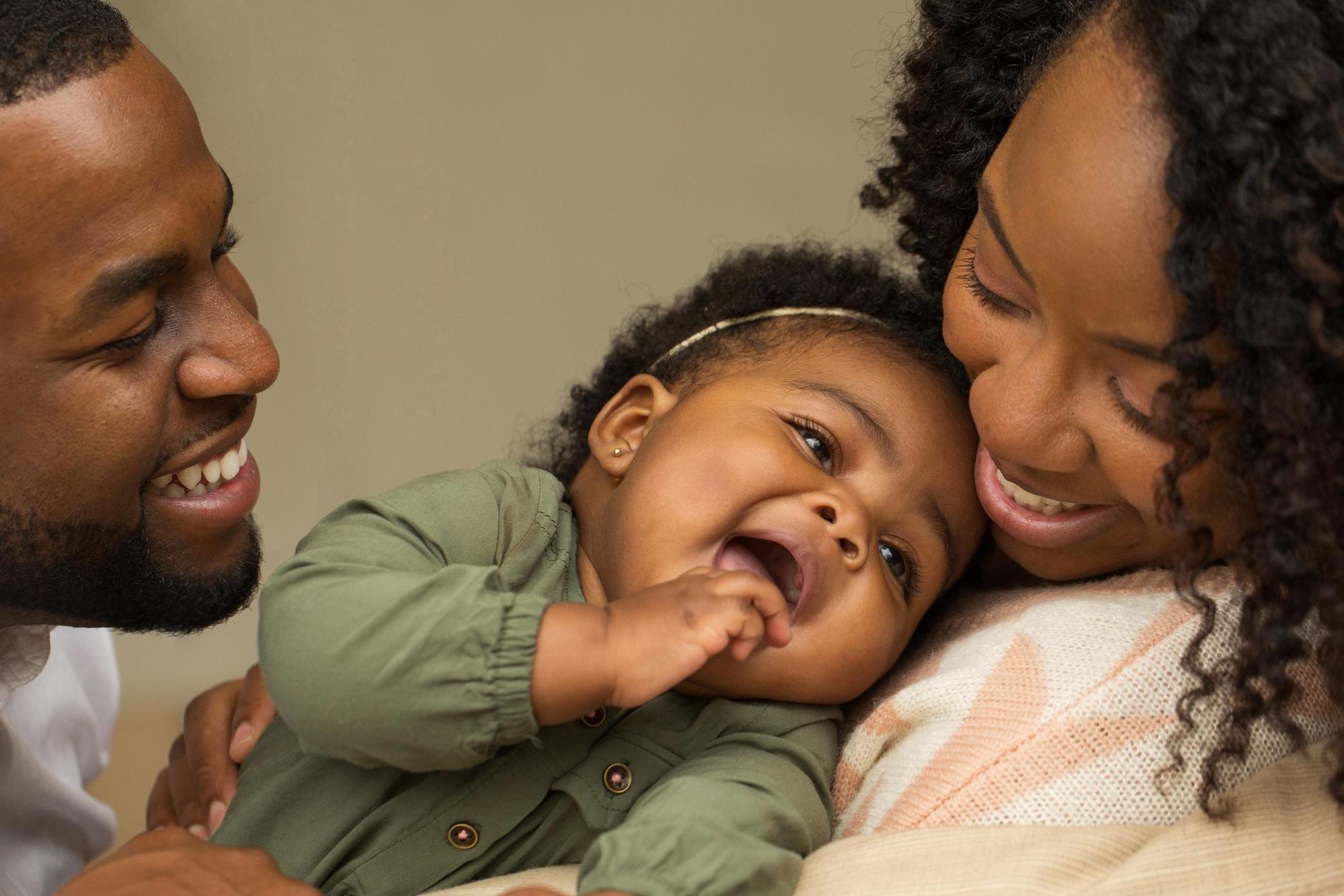Mothers experience 45 minutes less sleep than fathers in first three months of parenthood
Researchers said the gender difference is due to women more often being the primary caregiver

Your support helps us to tell the story
From reproductive rights to climate change to Big Tech, The Independent is on the ground when the story is developing. Whether it's investigating the financials of Elon Musk's pro-Trump PAC or producing our latest documentary, 'The A Word', which shines a light on the American women fighting for reproductive rights, we know how important it is to parse out the facts from the messaging.
At such a critical moment in US history, we need reporters on the ground. Your donation allows us to keep sending journalists to speak to both sides of the story.
The Independent is trusted by Americans across the entire political spectrum. And unlike many other quality news outlets, we choose not to lock Americans out of our reporting and analysis with paywalls. We believe quality journalism should be available to everyone, paid for by those who can afford it.
Your support makes all the difference.There are few things that cause disruption to someone’s sleep quite like having a baby, and new research claims the effects could last up to six years, with mothers suffering three times as much as fathers in the first three months.
According to a study led by researchers at the University of Warwick, in the first three months of having a child, mothers slept an average of one hour less than they did before, whereas fathers experienced an average sleep duration decrease of approximately 15 minutes after having children.
Such disparities persisted up to six years later, with both parents still experiencing sleep deprivation, but fathers sleeping roughly five minutes longer than mothers.
The paper, titled “Long-term effects of pregnancy and childbirth on sleep satisfaction and duration of first-time and experienced mothers and fathers”, analysed the quality of sleep for 4,659 parents in Germany who had a child between 2008 and 2015.
Sleep duration and satisfaction was measured via face-to-face interviews that were carried out on a yearly basis throughout the seven-year period.
Parents were asked to rate the quality of their sleep on a scale from 0 to 10 and were asked to compare how much they slept on a typical weeknight and on a typical weekend evening.
The researchers found that women reported an average decline in sleep satisfaction by 1.7 points on the scale in the first year of having their first child.
The study, which was a collaboration with the German Institute for Economic Research and the West Virginia University and published in the journal Sleep, also claims that sleep disruption was more prevalent for first-time parents compared to those who already had children.
"Women tend to experience more sleep disruption than men after the birth of a child reflecting that mothers are still more often in the role of the primary caregiver than fathers," commented lead author Dr Sakari Lemola, associate psychology professor at the University of Warwick.
"In our society it is still more often the mother who gets up when children are crying," he told The Independent.
"Certainly there are also couples where it is the other way round; but they are clearly a minority."
As for why parents’ sleep is likely to be adversely affected for up to six years after the birth of the first child, Dr Lemola said it was simply down to the “increased demands and responsibilities associated with the role as a parent”.
In terms of how to combat sleep deprivation in the early years of parenthood, the National Sleep Foundation advises making the most of quiet moments, such as when your child is napping, to take a nap yourself.
"Even a 20- to 30-minute nap can make you feel more alert and happier," its website reads.
The organisation also suggests dividing night-time duties between parents, so that only one is up late with the baby, giving the other time to rest.
Join our commenting forum
Join thought-provoking conversations, follow other Independent readers and see their replies
Comments